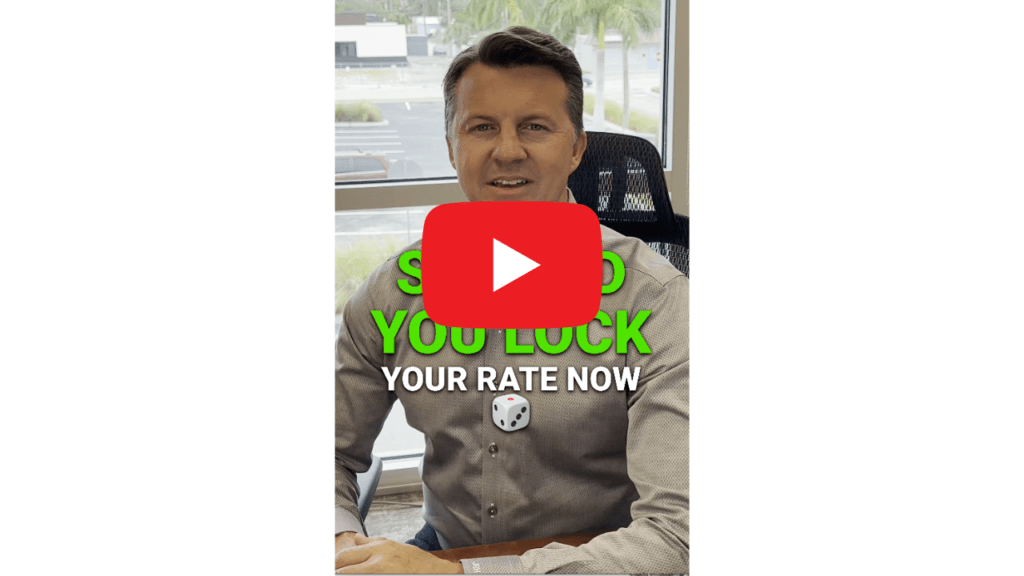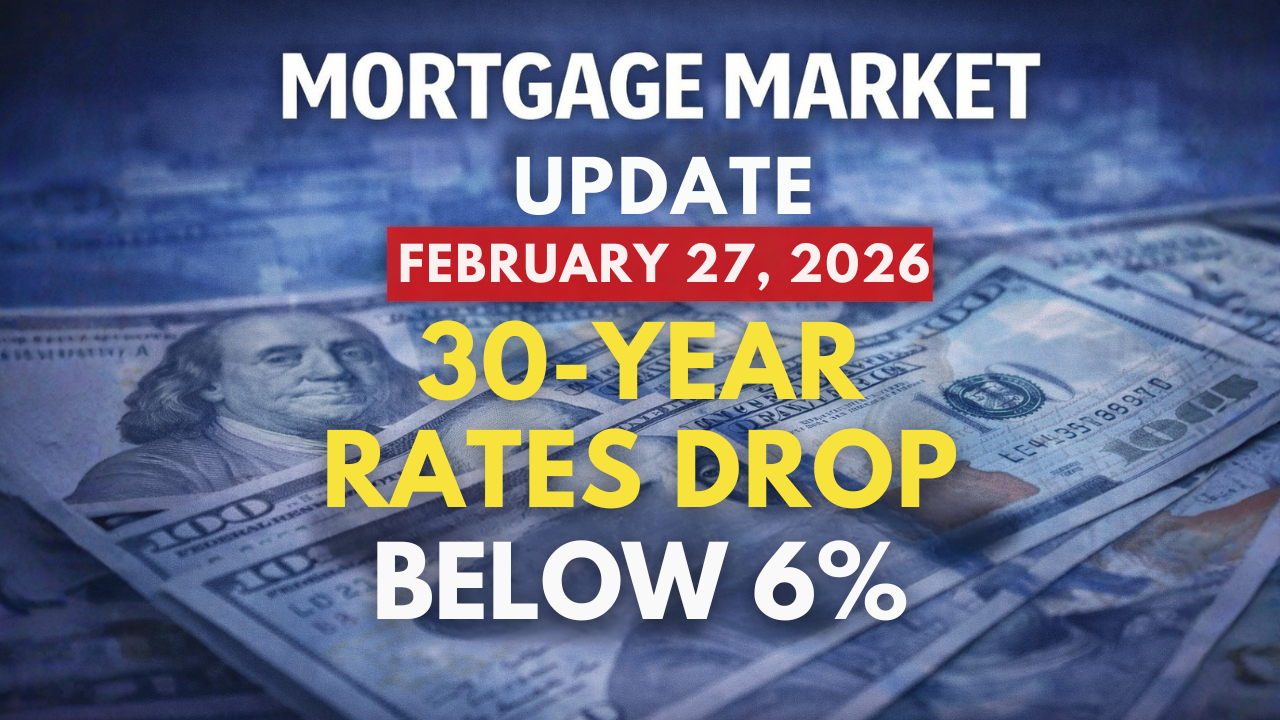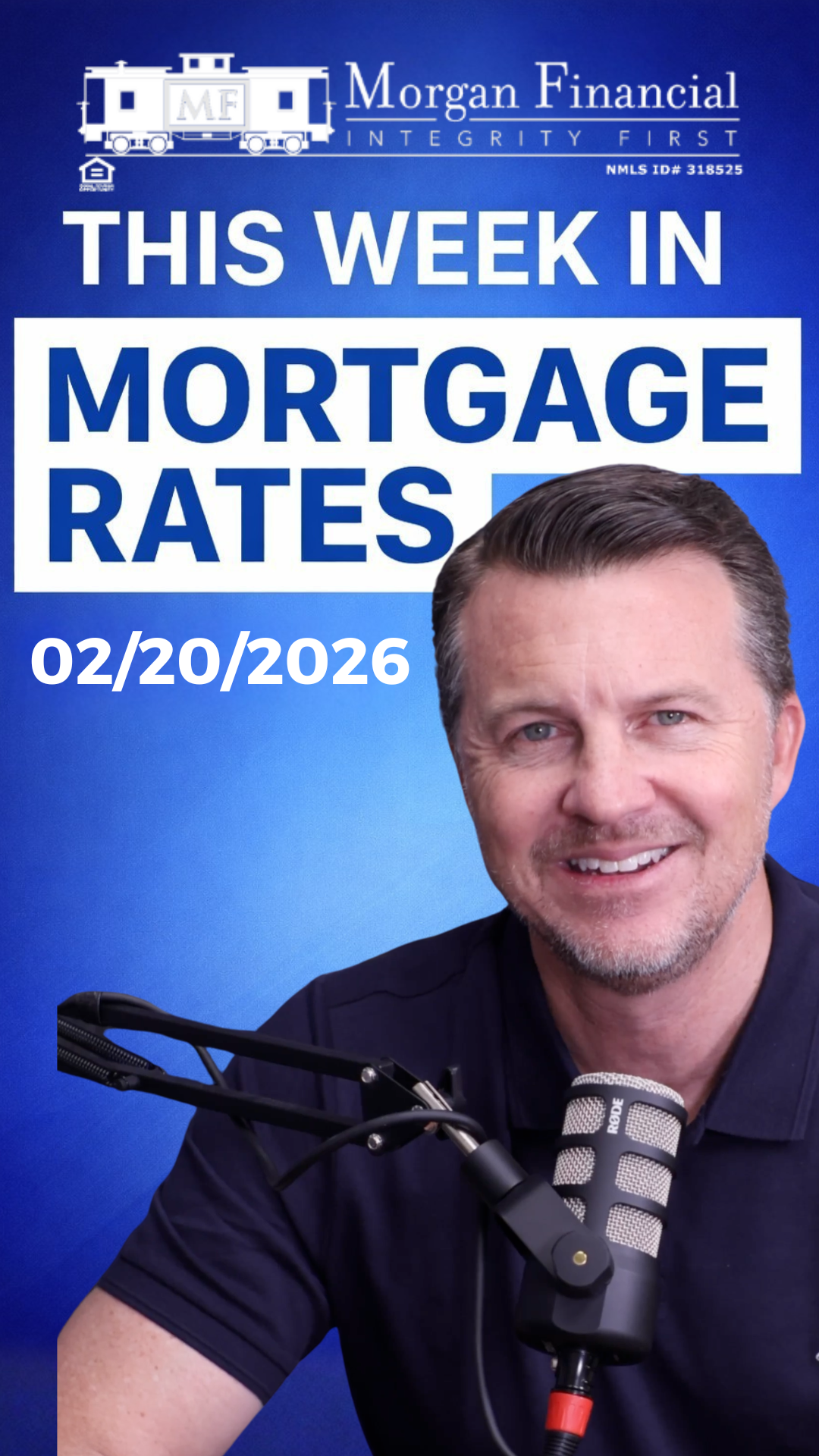Should You Lock in Your Mortgage Rate Now? Here’s What You Need to Know
When mortgage rates are fluctuating, it’s natural to feel uncertain about whether to lock in your interest rate or wait to see if it drops further. This decision can have a significant impact on your long-term financial well-being, so it’s important to make an informed choice. Let’s explore what it means to lock in a interest rate, why it might benefit you, and questions you should ask yourself before making a decision.
What Is a Rate Lock?
A rate lock is an agreement between you and your lender to secure a specific interest rate for a set period, usually between 30 to 60 days. Once locked, even if rates rise during that time, your interest rate remains the same.
However, the reverse is also true—if rates fall after you’ve locked, you won’t benefit from the decrease unless you have a float-down option, which often comes with an additional cost.
Questions to Ask Yourself Before Locking Your Rate
- How comfortable am I with risk? If you’re someone who prefers certainty, locking in a rate can provide peace of mind. But if you’re comfortable with risk and believe rates may drop further, waiting could be an option—though it does come with the potential for rates to rise unexpectedly.
- What’s the current trend in mortgage rates? Are rates rising, falling, or remaining steady? It’s always smart to stay informed about current market trends. While no one can predict exactly where rates are headed, a rising trend might be a strong indicator to lock sooner rather than later.
- What is my timeline for closing? If you’re nearing your closing date, locking your rate can help ensure you don’t face any last-minute surprises. If you still have time, you might consider watching the market for a few more days or weeks.
- What are my long-term goals with this mortgage? If this is a long-term home investment, locking in a rate you can afford will provide stability. If you’re planning on refinancing or moving in the near future, you may be more flexible with short-term fluctuations in rates.
The Pros of Locking in a Mortgage Rate
- Stability and Predictability: Locking in a rate ensures that your interest rate won’t change, even if the market does. This allows you to plan your budget with certainty, knowing exactly what your monthly payments will be.
- Protection Against Rising Rates: In a market where rates are trending upwards, locking in can safeguard you from potentially higher monthly payments, which could save you thousands over the life of the loan.
- Peace of Mind: The security of a locked rate can provide relief from the stress of worrying about fluctuating rates during the closing process.
The Cons of Locking in a Mortgage Rate
- Missed Opportunity if Rates Drop: If you lock in a rate and the market shifts downward, you won’t benefit from the lower rate unless you have a float-down option. Even then, a float-down usually comes with additional fees.
- Potential Additional Costs: Locking in a rate for longer periods (e.g., 60 or 90 days) might come with additional costs or higher rates compared to shorter lock periods.
- Commitment: Once you lock in, you’re committed to that rate, even if rates improve. This can be a downside for those hoping to chase lower rates.
Why You Should Consider Locking in Your Rate Now
Mortgage rates are notoriously unpredictable, and while they can fluctuate day-to-day, locking in ensures that you avoid the stress of sudden rate increases. Locking now, especially if rates are rising, can offer you financial security and stability. Here are some reasons why locking in sooner rather than later could be in your best interest:
- Current Market Trends: If rates are expected to rise in the near future, locking in now can save you from a higher interest rate, which translates to lower monthly payments over the life of the loan.
- No Second Guessing: Trying to time the market can lead to analysis paralysis, where the fear of missing out on a lower rate keeps you from making a decision. Locking in eliminates this uncertainty and allows you to move forward with confidence.
- Focus on the Bigger Picture: The difference in a fraction of a percentage point might seem small, but over the course of 15 or 30 years, it can mean a difference of thousands of dollars. Locking in a rate you can comfortably afford is often more important than holding out for the perfect rate.
Conclusion
Deciding whether to lock in your mortgage rate is a big decision, but it doesn’t have to be overwhelming. Ask yourself the important questions, weigh the pros and cons, and remember that locking in can provide you with the financial stability you need to confidently move forward with your home purchase.
If you’re still unsure whether locking in is the right move for you, feel free to reach out—we’re here to help guide you through the process and make sure you’re getting the best deal for your situation.
Contact us today for a free consultation to get ReFi Ready today! You want to be ready to take advantage of potentially the best rates available. Let’s make sure you’re ready to seize the opportunity when the time comes.
Reach out now to get started on securing the home of your dreams or refinancing to save more on your current mortgage.
Let us assist you in making informed decisions.
At Morgan Financial, we’re dedicated to helping homeowners in Melbourne, Florida and beyond, make smart financial decisions. Don’t wait— contact us today to help you get the mortgage that is right for YOU!





